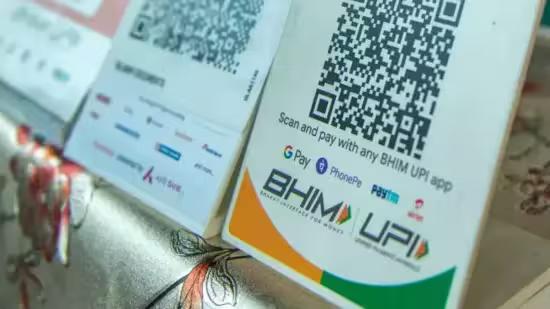
Trinidad & Tobago becomes the first Caribbean nation to adopt UPI
In a significant move to promote digital payments and financial inclusion, Trinidad and Tobago has become the first Caribbean country to adopt Unified Payments Interface (UPI), India’s flagship digital payment platform. This milestone was achieved during Prime Minister Narendra Modi’s two-day official visit to the Caribbean nation. The agreement not only marks a significant step forward in the collaboration between the two countries but also underscores India’s commitment to sharing its expertise in digital payments and financial technologies with the world.
Unified Payments Interface (UPI) is a real-time payment system developed by the National Payments Corporation of India (NPCI) that enables users to make payments directly from their bank accounts using a unique identifier. Since its launch in 2016, UPI has revolutionized the way people make payments in India, with over 1 billion transactions taking place every month. The platform has also been adopted by several countries, including Bhutan, Nepal, and Sri Lanka, making Trinidad and Tobago the latest addition to the global UPI network.
The agreement to adopt UPI was signed during PM Modi’s visit to Trinidad and Tobago, where he was received by the country’s Prime Minister Dr. Keith Rowley. The two leaders discussed ways to strengthen bilateral ties, including cooperation in the fields of technology and finance. The adoption of UPI is a significant step towards achieving this goal, as it will enable Trinidad and Tobago to leverage India’s expertise in digital payments and financial technologies.
The two countries also agreed to explore further collaboration in the implementation of India Stack solutions, including DigiLocker, e-Sign, and Government e-Marketplace (GeM). DigiLocker is a digital locker service that allows users to store their documents and certificates securely, while e-Sign is an electronic signature platform that enables secure digital signing of documents. GeM is a platform that enables government departments to procure goods and services from suppliers through a digital marketplace.
The adoption of UPI and other India Stack solutions is expected to have a significant impact on Trinidad and Tobago’s financial landscape. For one, it will enable citizens to make payments directly from their bank accounts, reducing the need for cash transactions and promoting financial inclusion. It will also enable businesses to accept digital payments, making it easier for them to operate and expand their customer base.
Furthermore, the adoption of UPI and other India Stack solutions is expected to promote the growth of India’s fintech sector in Trinidad and Tobago. India is home to a thriving fintech ecosystem, with several startups and companies offering innovative financial solutions. By adopting these solutions, Trinidad and Tobago can leverage India’s expertise and experience in fintech, enabling its own fintech sector to grow and develop.
The news of Trinidad and Tobago’s adoption of UPI was welcomed by the Indian government, which sees it as a significant step towards strengthening bilateral ties between the two countries. “The adoption of UPI by Trinidad and Tobago is a significant milestone in our bilateral relations,” said PM Modi during his visit to the Caribbean nation. “It demonstrates our shared commitment to promoting digital payments and financial inclusion, and our willingness to work together to achieve these goals.”
In conclusion, Trinidad and Tobago’s adoption of UPI is a significant step forward in the collaboration between India and the Caribbean nation. It marks a major milestone in the promotion of digital payments and financial inclusion in the region, and demonstrates India’s commitment to sharing its expertise in fintech with the world. As the two countries look to strengthen their bilateral ties, the adoption of UPI and other India Stack solutions is expected to play a key role in promoting economic growth and development in Trinidad and Tobago.






